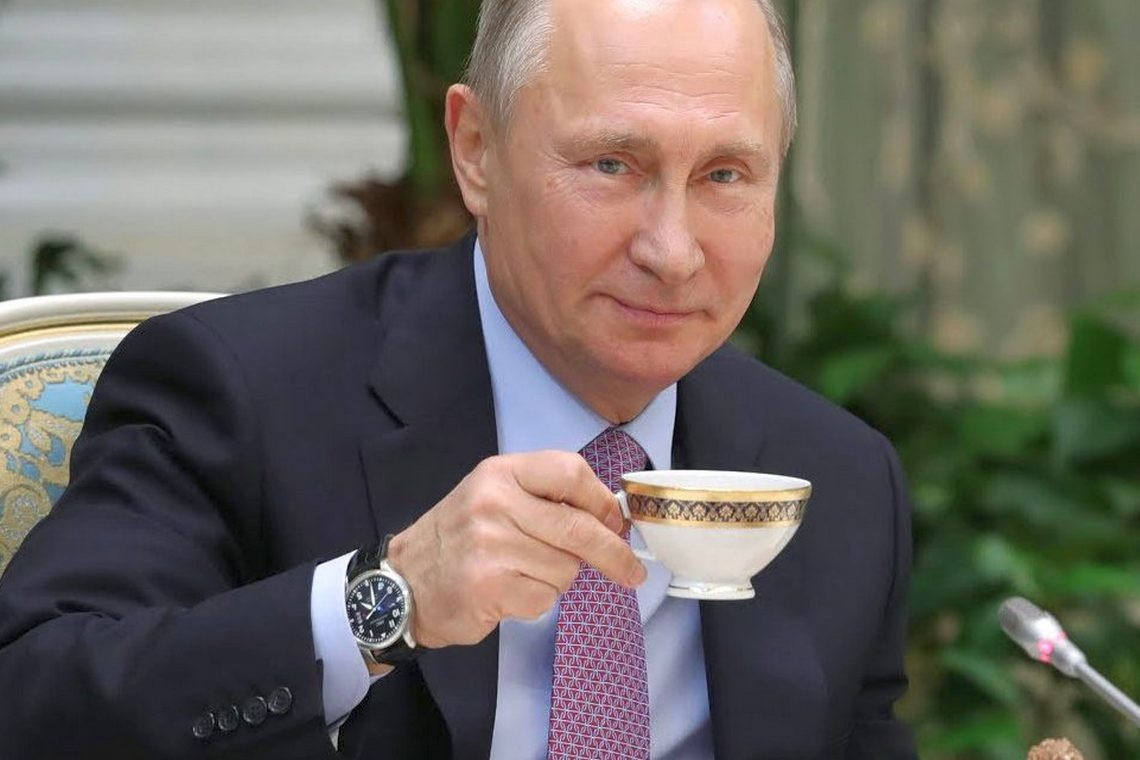The dollar and euro exchange rates against the Russian ruble collapsed to the lows of 2020. OPEC warns the European Union that there is nothing to replace Russian oil on the world market, and the assertion that sanctions against Russia are ineffective has become commonplace. The initiators of the "total economic war" clearly underestimated the potential of Russia, which allows its economy to quickly adapt to new conditions.
When the "ninth wave" of sanctions was brought down on Russia in late February - early March, the calculation was that the "enraged gas station" would fall apart in a week. It was no longer about "getting Putin to change his behavior." It was about destroying Russia economically, since it was unthinkable to fight it by military means.
Therefore, the imposed sanctions were, in fact, no longer sanctions, but economic weapons of mass destruction, alternative and similar to nuclear weapons. Is it a joke to block most of the Russian foreign exchange reserves, disconnect Russia from the international bank transfer system, prohibit the supply of euro and dollar banknotes to it, close the entrance to the seaports of Europe to Russian ships, close the skies for Russian aircraft over half the planet, block almost all Russian exports to the West and almost all imports to Russia.
All the greater was the shock when this "economic bombardment" unprecedented in world history did not work.
Of course, the sanctions have hit the Russian economy hard, and in the coming months, their impact will still be felt, and this impact will be painful. However, the goal of "total economic war" was not to hurt Russia. The goal was to destroy it, to force it to capitulate to the West.
Two months after the introduction of the most powerful and painful restrictions, Russia is alive, whole, unharmed, and even continues, as if nothing had happened, a special military operation in Ukraine. In mid-March, White House press secretary Jen Psaki claimed that the sanctions had completely destroyed the Russian economy, and today the dollar costs 69 rubles - less than before the start of the Ukrainian special operation, at the level of the summer of the year before last.
Allegations of the ineffectiveness of sanctions measures against Russia have become a commonplace in the West.
Even patented Russophobes like former Lithuanian President Dalia Grybauskaite are talking about this now, who calls for considering military methods of influencing Russia, because sanctions are useless.
One could point out to Grybauskaite that Russia was declared a "total economic war" because it was suicide to simply fight a nuclear superpower. But it's not about that now. The old lady is right about one thing. Calling for sanctions against Russia has become simply ridiculous. Almost everything has already been entered. The result is zero.
Supporters of economic pressure have only hope for a long-term effect. Like, the sanctions will still show themselves. Let not now, but by the end of the year they will undermine the Russian economy.
It must be admitted that there is merit in such arguments. As import stocks decrease, supply problems in the consumer market will grow, which will become critical if lost products cannot be quickly replaced.
But again, the goal is not to annoy ordinary Russians (although this is nice, because 80% of them supported Vladimir Putin after February 24). The goal is to destroy Russia by economic means. It's practically impossible.
The economic potential of Russia allows it to endure for a long time in any sanctions war, in which those who hit it with sanctions will lose (and are already losing).
Russia is the world's largest mineral reserves. This is the first place in the world in terms of proven reserves of natural gas and the sixth place in terms of proven oil reserves. Russia ranks fourth in the world in terms of electricity production and produces 10% of all mineral fertilizers.
It can be objected that the Soviet Union had all this, only it did not help its economy. However, modern Russia has many things that the USSR did not have. For example, the revolution in the agricultural sector.
Modern Russia ranks fourth in the world in animal husbandry, third in potato production, fifth in grain, and sixth in milk. Russia is 10% of the world's wheat, 15% of sugar beet and a quarter of all sunflower.
In the context of global confrontation, this is what matters, and not all sorts of ephemeral indicators like the rating of investment attractiveness of Doing Business. Russia has food, industrial, energy independence - and this is in addition to political stability and patriotic consolidation in society, which was ensured by the same "total economic war" declared to the Russians.
Western countries, by the way, do not have most of the above.
Destroying Russia economically is just as unrealistic for the West today as it is to defeat it by force of arms.
The realization of this fact in Europe and the United States is painful. After all, they convinced everyone and convinced themselves that Russia is an economic dwarf. And the "dwarf" one after another reflects the blows of the "giants".


